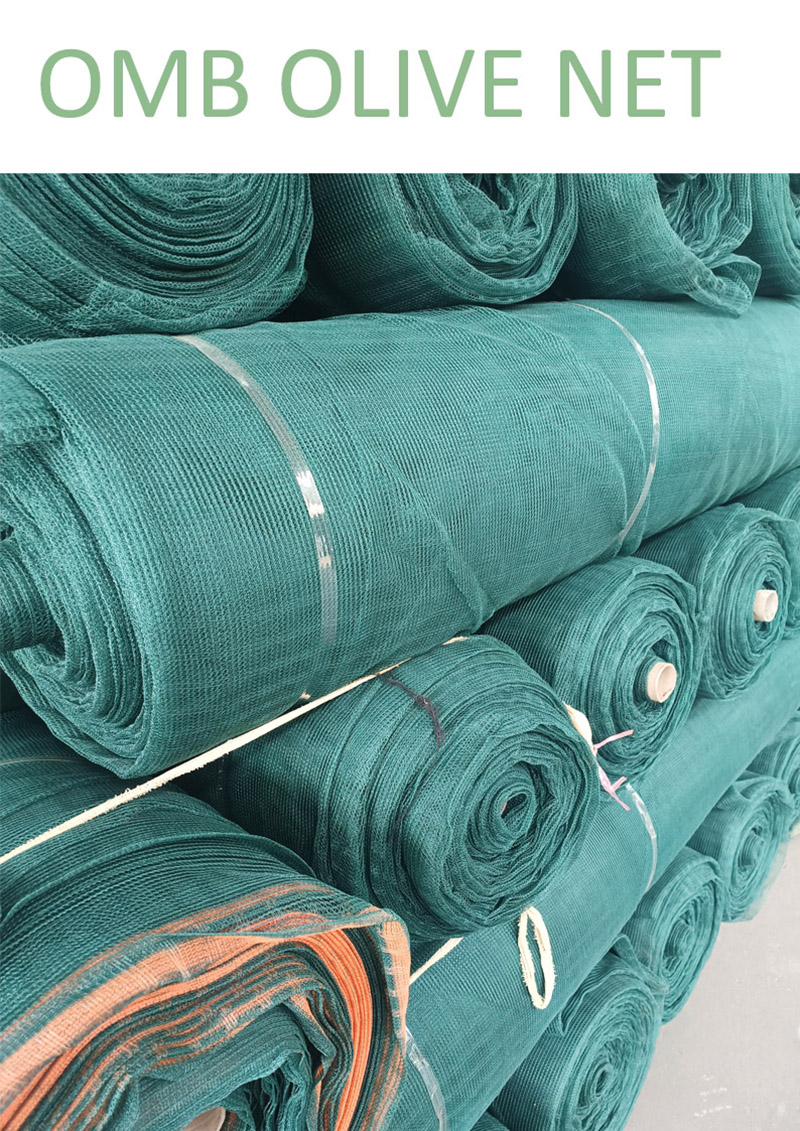
Air circulation plays a crucial role in maintaining the health and well-being of olive trees. Here are some reasons why air circulation is important:
1. Prevention of Fungal Diseases: Good air circulation helps to reduce humidity levels around the olive trees. High humidity promotes the growth and spread of fungal diseases, such as olive leaf spot (Spilocaea oleaginea) or olive knot (Pseudomonas savastanoi). By allowing air to circulate freely, the moisture on tree surfaces evaporates more quickly, creating an environment less favorable for fungal spore germination and disease development.
2. Drying of Plant Surfaces: Proper air movement aids in the drying of plant surfaces, including leaves and fruits. Moisture on the olive tree canopy can create a favorable environment for the growth of pathogens and pests. Air circulation helps to accelerate the drying process after rainfall or dew formation, reducing the prolonged moisture that may contribute to disease development.
3. Control of Insect Pests: Improved air circulation can deter certain insect pests that thrive in stagnant air conditions. Pests like the olive fruit fly (Bactrocera oleae) or olive moth (Prays oleae) may be less likely to infest olive trees in well-ventilated environments. Air movement and drying of plant surfaces can disrupt their breeding and feeding activities.
4. Temperature Regulation: Air circulation can help regulate temperatures around the olive trees. In hot climates, adequate air movement can provide a cooling effect by facilitating heat dissipation through evaporation. This can minimize heat stress on the trees and help maintain their metabolic functions.
5. Pollination: Some olive varieties require pollination by wind or insects for successful fruit set. Proper air circulation aids in the movement of pollen, increasing the chances of successful pollination and fruit development.
Overall, air circulation is essential for preventing fungal diseases, controlling pests, promoting drying of plant surfaces, regulating temperatures, and facilitating pollination. It contributes to the overall health and productivity of olive trees, ensuring optimal growth and yield.


 英语
英语 西班牙语
西班牙语













